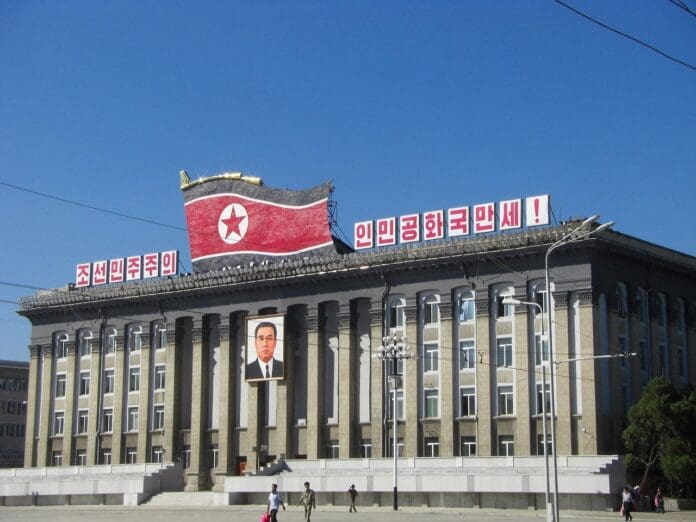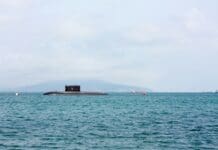This post is also available in:
 עברית (Hebrew)
עברית (Hebrew)
A Chinese national living unlawfully in the United States has been sentenced to eight years in prison for his role in smuggling U.S.-origin firearms, ammunition, and sensitive equipment to North Korea—highlighting a troubling intersection between international sanctions violations and U.S. export controls.
The individual, Shenghua Wen, had entered the U.S. on a student visa in 2012, which expired a year later. Despite remaining in the country illegally, he was able to purchase a firearms business in Houston, Texas, in 2023—using funds sent through intermediaries by North Korean contacts. This acquisition enabled Wen to source weapons and other military-related equipment, which he then shipped from California to China, with the end destination being North Korea. Altogether, the North Korean government wired $2 million to Wen.
According to the DoJ’s press release, Wen used falsified export documentation to disguise the contents of shipping containers. One shipment, listed as containing a refrigerator, arrived in Hong Kong before being forwarded to the North Korean port of Nampo in early 2024. In total, Wen sent at least three shipments from the Port of Long Beach, California, as part of a broader procurement effort coordinated by North Korean officials.
Authorities found that Wen had purchased around 60,000 rounds of 9mm ammunition shortly before his arrest in December 2024. He had also acquired or attempted to acquire a range of dual-use technologies, including a chemical threat identification device, a broadband receiver, and a thermal imaging system suitable for aerial platforms. These technologies, while not classified as weapons themselves, are subject to export restrictions due to their potential military applications.
Wen was also involved in discussions around sourcing a civilian aircraft engine, potentially for unauthorized military adaptation. He pleaded guilty to conspiracy to violate the International Emergency Economic Powers Act (IEEPA) and for acting as an agent of a foreign government.
The case underscores North Korea’s ongoing efforts to bypass international sanctions by exploiting commercial supply chains and civilian technologies in countries with open markets. It also highlights the challenges faced by U.S. authorities in preventing unauthorized exports of sensitive items amid complex, multi-layered procurement networks.


























